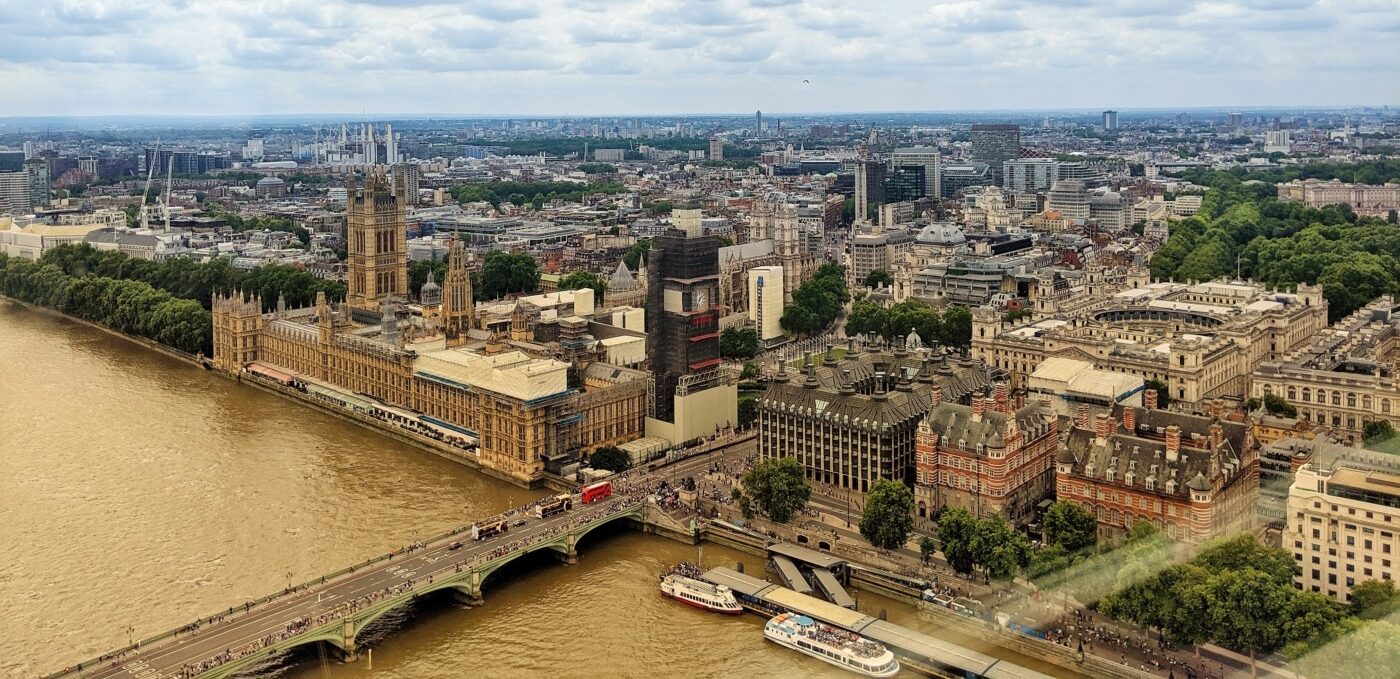Moving the Civil Service out of London won’t fully devolve power
Whenever a part of the country poses an electoral challenge to Boris Johnson, he has a simple solution: send some civil servants. Not to solve the region’s problems, just geographically. On the back of his plan to level up the north, which involved opening up a new Treasury campus in Darlington and Leeds, the Prime Minister has now turned his focus to the union.
The threat of Scotland leaving the UK is now looming over Johnson’s premiership, with the irony of a ‘Leave’ vote forcing him to resign no doubt front of mind. Rather than announcing a meaningful change to the devolution settlement or the economy of Scotland, however, he has again moved to redistribute a few Whitehall denizens. This time it’s the Cabinet Office which will be sending some 500 staff to Glasgow in a symbolic, if ineffective, move to sure up the union.
Don’t get me wrong, this is a positive step. It makes sense to redistribute the civil service for a few reasons. Firstly, it makes sense for the government to concentrate its spending in the most deprived areas of the UK. It’s more cost-effective to maintain offices in the north, for example, and the local economy will benefit disproportionately from the influx of high-earning professionals. Trying to redirect funds, of which the civil service is a small part, is a noble goal.
Secondly, the civil service could bring private-sector employment with it. We’ve seen this with other Public Sector moves, such as the relocation of the BBC to Salford, which led to a wide array of media services springing up in the north-west. The opportunities are less obvious for the likes of the Cabinet Office and the Treasury, but perhaps Think Tanks and public sector consultancies will begin a slow northward migration, bringing more opportunities as they do.
After all, if your advice is bad, it doesn’t matter what city it comes from
Of course, there’s also the possibility it will backfire. Just as a network could spring up in the north, there’s one that already exists in London. There’s an ecosystem of civil servants who move between government departments and related private sector companies throughout their career. That will be very hard to replicate outside of London, and even more difficult if departments are scattered across the nation. Issues in recruitment or talent could easily undo any benefit of the move. After all, if your advice is bad, it doesn’t matter what city it comes from.
All these effects, though, are very marginal. The civil service is fairly divorced from the median person’s life in the UK, but not because of geography. Members of a relatively affluent professional class, civil servants obviously live differently to most people in the UK. Almost all will have been university-educated, earn more than the national average, and have stable professional careers. Shunting civil servants out of London won’t change this, and nor should it. It makes sense to have a highly trained professional team under our government.
Furthermore, it’s not really the civil servants’ job to be in tune with the public. That’s a political function that should be covered by ministers. The strange logic that civil servants, who are supposed to provide impartial and logical advice, will suddenly change how they work because they walked through a Council Estate in Darlington on the way to work is utter rubbish. If policy doesn’t represent the entire country, it’s the government that needs to be replaced, not the civil servants.
To spread power around the country, we need devolution, not relocation
Moves like this then, while perhaps marginally positive, are essentially just spin. They’re a piece of clever communications that makes the government appear to be focused on the regions without actually having to spend any money or change policy. A political gesture, this sort of thing should be regarded with intense scepticism. To spread power around the country, we need devolution, not relocation. It’s not people that need to be sent out to the regions – the regions, believe it or not, already have people of their own – but power.
Formal changes in the way the government thinks about ‘place’ is also important. The way that government departments, principally the Treasury but also the Departments for Education and Transport, allocate resources needs to be modified to take into account geography. More extensive analysis of the impact of policy on deprived areas in the Treasury’s ‘Green Book’, which is used to cost policies, would be a good first step.
Moving arms of the government, where it doesn’t damage them operationally, makes sense. Government spending has a higher purchasing power and does more to help local economies outside of London. However, this sort of thing will have only a minor benefit. It’s mostly a posture, designed to allow the government to seize the mantel of ‘levelling up’ without actually changing the lives of people in our left-behind communities. Substance, not spin, will be required to actually change the country. Will this save the union? Will it ‘level up the north?’ Hardly. The people of Scotland and the north will know meaningful change when they see it. This isn’t it.

Comments